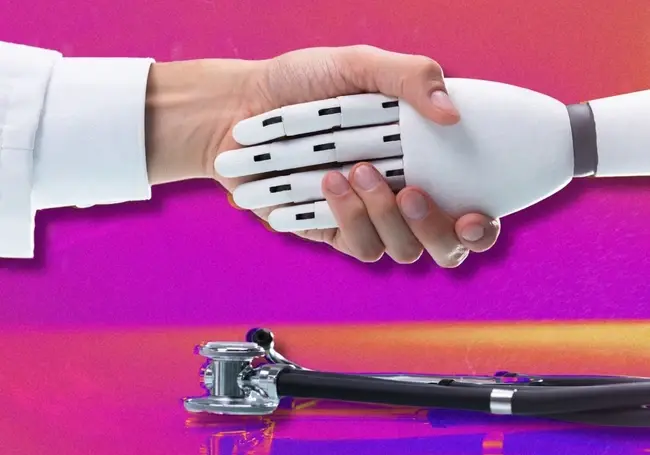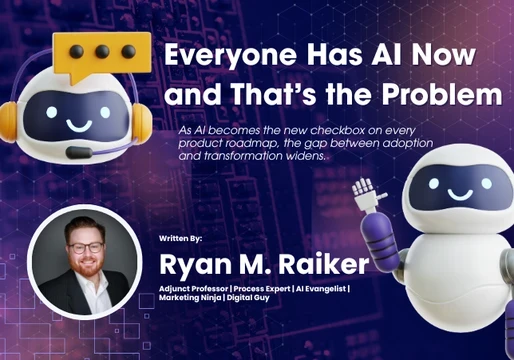Meta’s bid for implementing their AI across the UK’s public healthcare system, the NHS, has taken a huge step forward this week following their ‘Hackathon’ event.
The hackathon event held in London asked 200 programmers split into 56 teams to create ways to utilize Meta’s Llama to assist with public services.
Meta Llama 3 is a large language model (LLM) developed by Meta that's trained on a massive amount of text data.
The development of Llama 3 represented a significant advancement in LLM technology, especially for Meta. Its openness encourages collaboration and paves the way for even more powerful and versatile AI tools in the future. As research and development progress, we can expect even more innovative applications for Llama 3 across various industries like the NHS.
Llama 3 can follow instructions and complete multi-step tasks more effectively and can generate various text formats including code, scripts, and more. Crucially, researchers can access and build upon Llama 3, fostering further AI development.

AI triage assistant
The winning team, self named as ‘Guardian’ designed an AI powered assistant that would be able to efficiently triage patients.
Their main goal was to reduce waiting times as well as better allocate resources in busy Accident and Emergency departments across the country. Their vision is that it will transform the healthcare service through real time assessment and intelligent patient intake, acting as ‘a second pair of eyes to doctors and nurses.’
The Guardian team’s winning tool was named ‘Atlas’. It acts as an clinical agent by providing support to frontline staff. Crucially it also allows for communication in multiple languages that can improve patient experience and allow effective communication.
The top three winning teams have received a $50,000 prize fund as well as six weeks of ongoing mentorship to develop their projects further.
Third place winner, team Pharmallama, also targeted the healthcare industry. They developed an app that allowed patients to speak to pharmacists easily. The app would allow discussions of medication and side effects as well as centralize patient records to ensure conflicting medications are not prescribed.
The future of AI in healthcare holds incredible potential. Google’s Med-Gemini is already outperforming MedQA (USMLE) benchmarks with an impressive 91.1% accuracy.
However, medical data is a prime target for cyber criminals due to its sensitive nature. Robust security measures and ethical guidelines are essential to ensure data privacy and prevent unauthorized access.







Comments ( 0 )